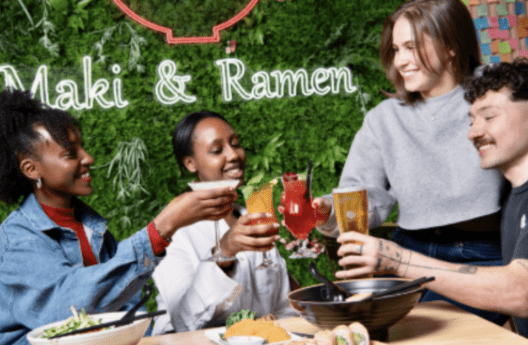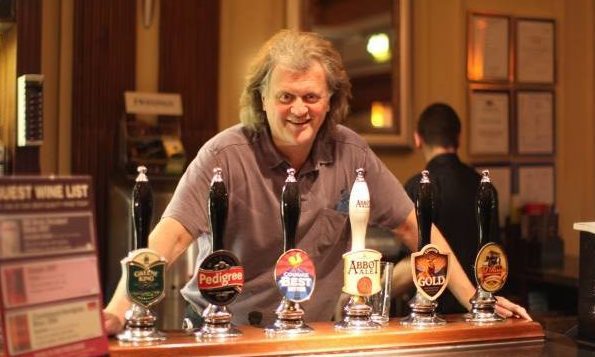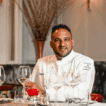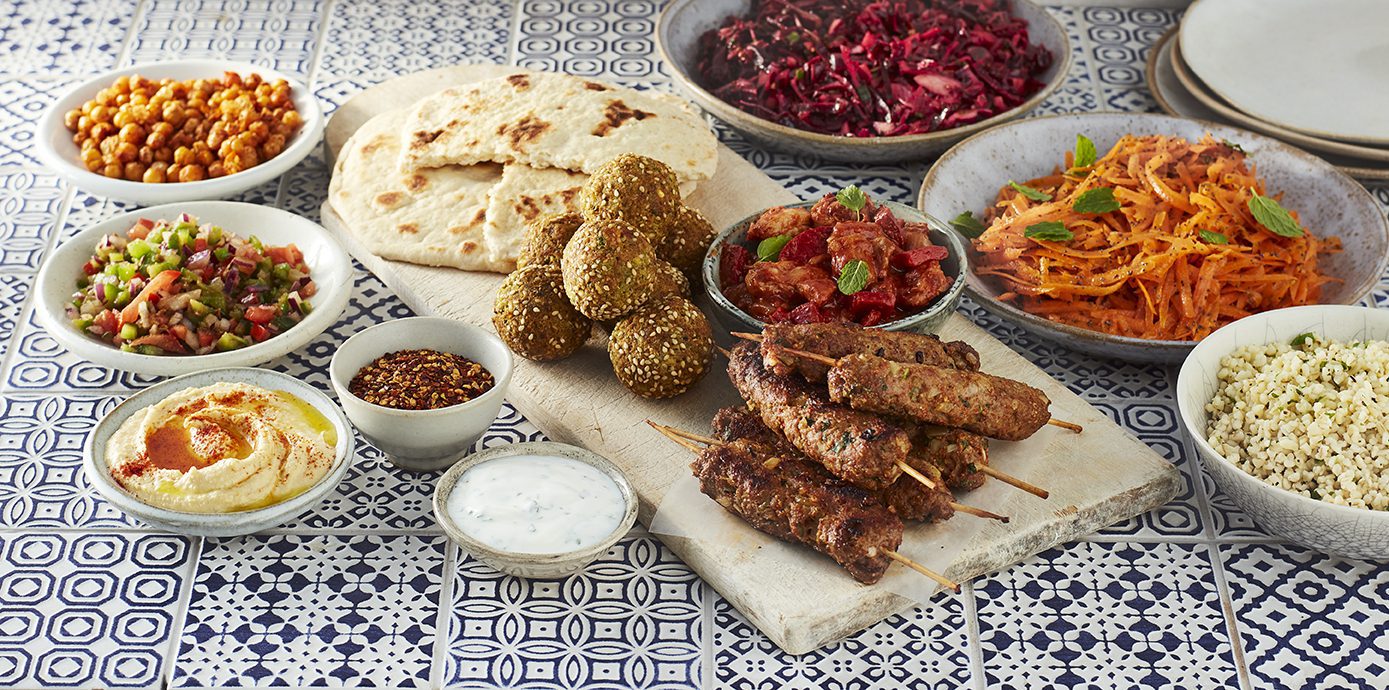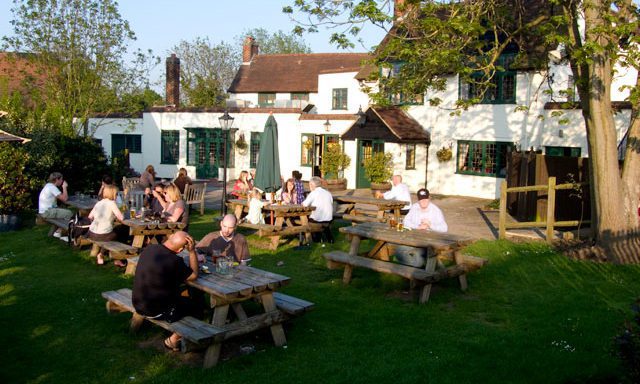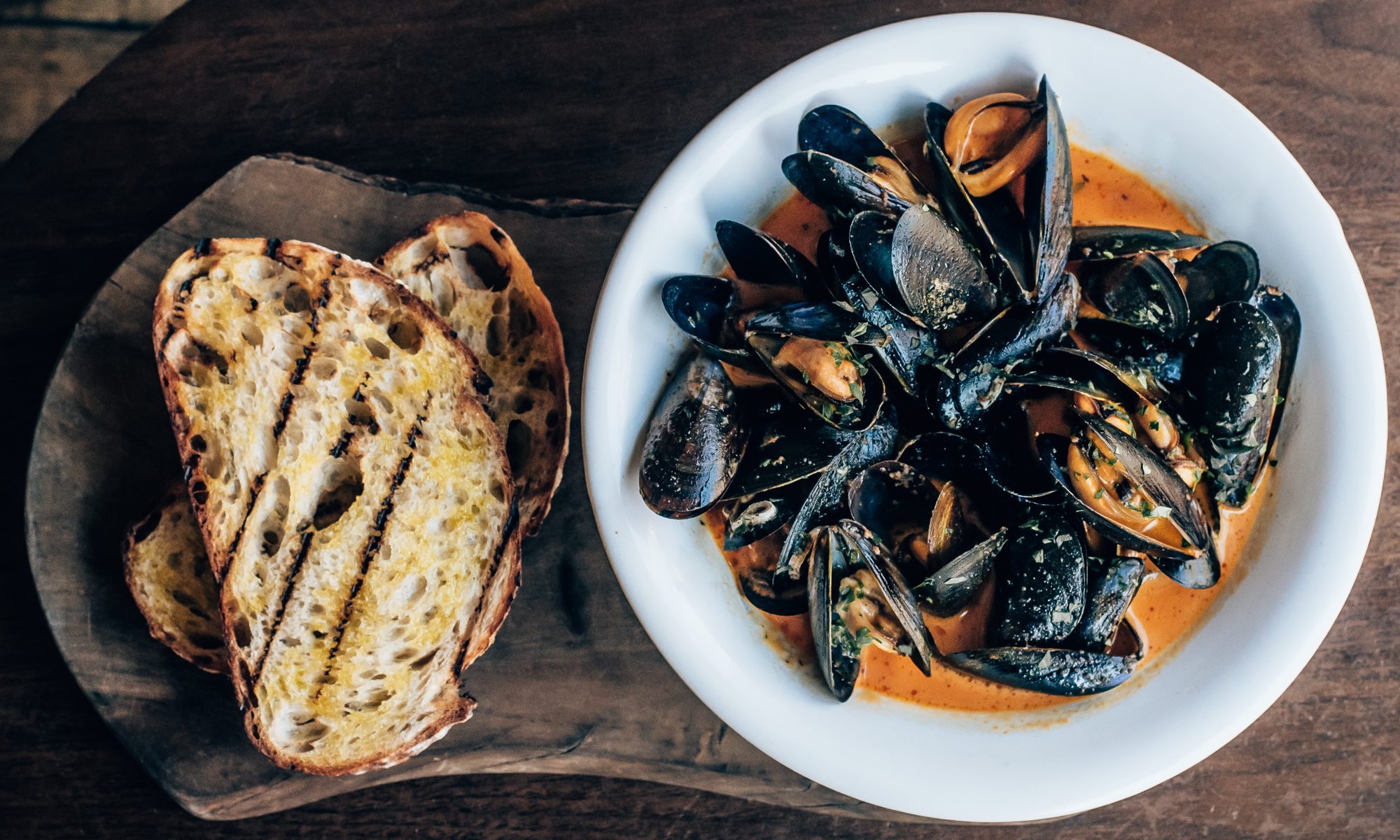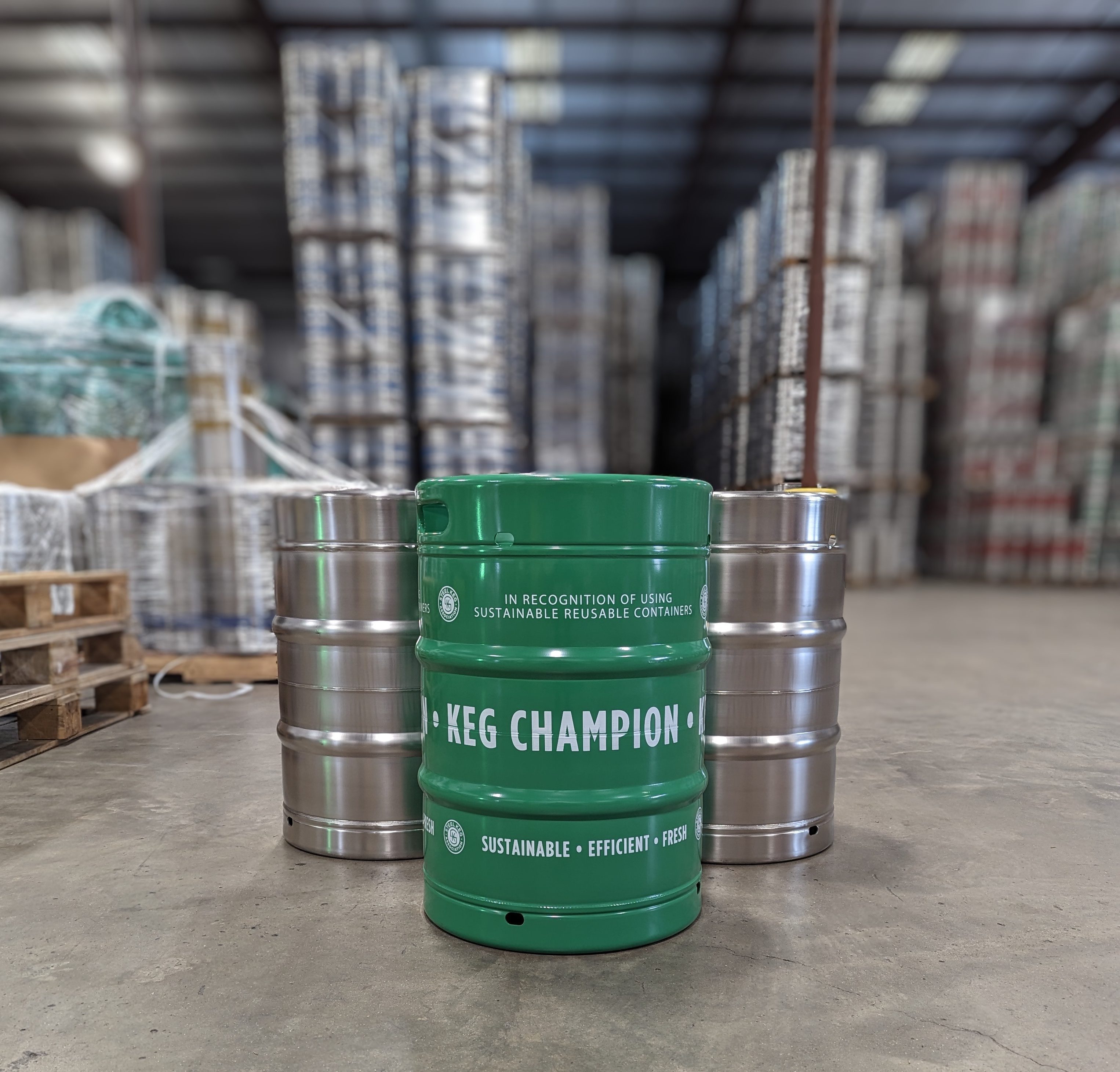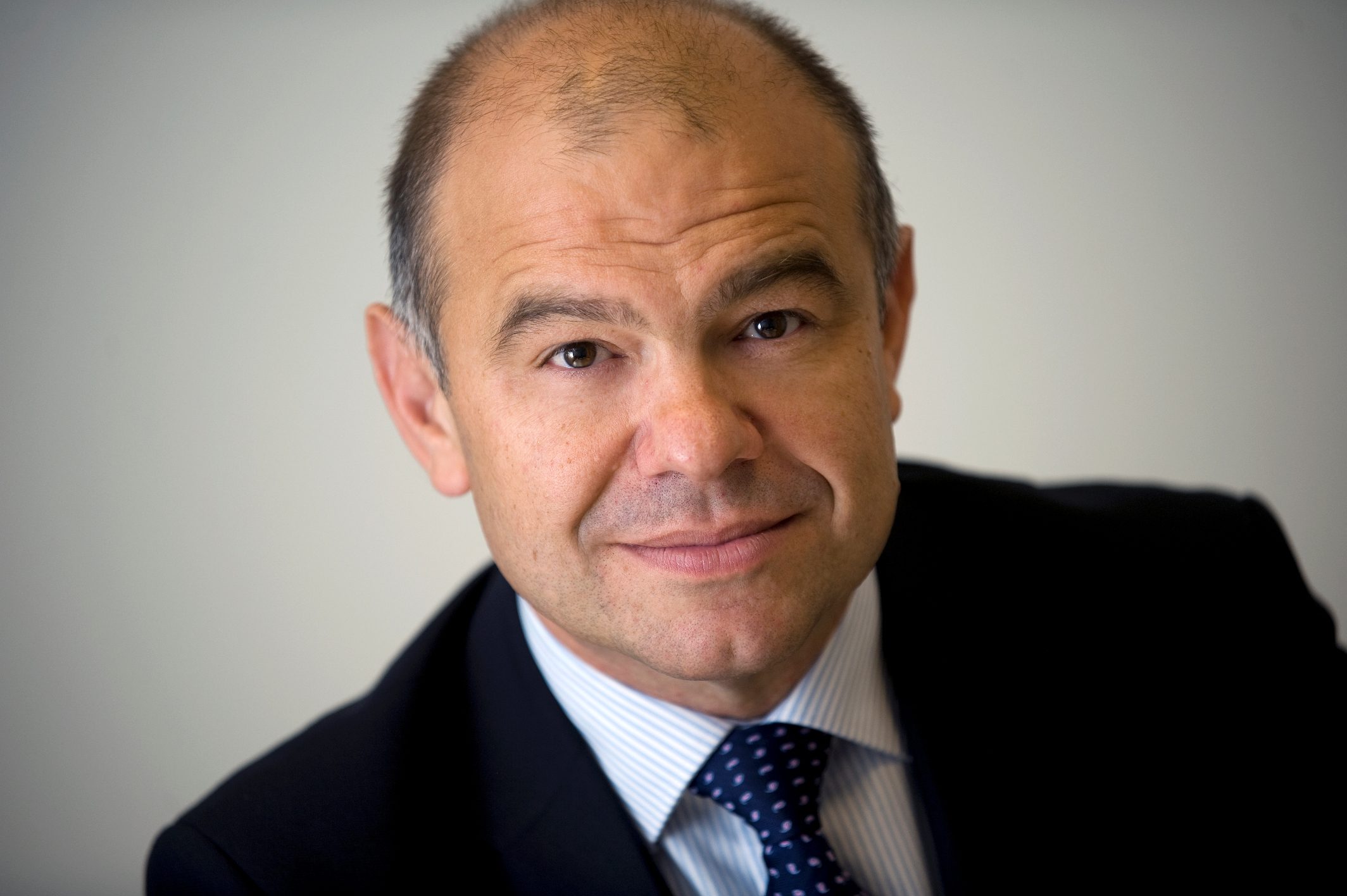Register to get 5 free articles
Reveal the article below by registering for our email newsletter.
Want unlimited access? View Plans
Already have an account? Sign in
What was the idea behind the new street kitchen collective?
So it was driven actually, from a combination of client demand operational feedback. We have a central innovations team here at Elior who scan the market, look at trends, and especially post Covid street food seem to be on the up in terms of trends. Our clients are looking for innovative new ways to pull people back into the office, especially towards the end of the week, so were asking for something a bit different to help with driving footfall. I think everyone was stuck at home and wanted to get out there and travel a bit through food, and have some more interactive lunchtime options.
For a while we’ve had external partners, and actually have great opportunities to be able to back up a lot of the work we were already doing and exploring some partner options in a bit more detail. The beauty of partnering with partners is you can test out different cuisines and trends to see how they go down with your clients and customers before we actually go in to create our own concepts. We invest a lot of time and effort into recipe and menu creation. So it’s been proving a really good testbed for bringing new ideas into the business.
Are offices the main target market that you’re looking at?
No, not necessarily. The idea was actually born originally out of an idea from the stadia team. So we were asking how we could deliver something a bit different in fanzones. So that was where it originally came from. But then lots of the internal work we do with concepts that probably lands more often in B&I, because of the normal nature of stadia being quite static chaos rather than rotation. So three good practices that marries the two up and then it’s also had a really great pick up from universities, especially for freshers week where they want something that’s a bit more like a festival. So I would say it was created for a multitude of sectors but the reasons for creating it were slightly different for each.
How did you decide on which brands to partner with?
So we constantly map trends, to look at what are the big existing ones and what seemed to be on the up. So over the last 12 months, we had Asian and West African as two quite quickly accelerating trends. So that was the first first look at the market. We then looked at everything you have existing in the business and asked where are the gaps? We already had a great Middle Eastern concept. So we didn’t need to partner with someone who specialised in that cuisine. So those were the first two points and then we went out and identified a shortlist of potential partners in terms of what would work well operationally, because for contract catering you’ll need something that’s going to be relatively quick to deliver and easy to roll out on a really large scale. So that ruled out some of the partners already. Then we looked for people who are aligned with our ethos who were up for trying new things, were a bit more innovative and keen to expand their brand in similar markets to where we were looking to release it.
What’s been the biggest challenge with the collective?
I would say actually, the biggest challenge is mixing the demand of sites that want it , because we’re taking time to train sites on how the recipes work. Our partners we work with, they’re not solely working with us, so they have lots of other stuff going on. So we’re scheduling them in and that’s why we’re looking to get more partners on board so that we can start to meet the demand and make sure everything is being delivered to meet those demands. I’m not gonna jinx it but so far, it’s been going well.
What would you say success looks like for this concept?
Success for this concept, would definitely be driving sales in our sights and driving footfall, because that was the main target. Added to that obviously is client satisfaction. We hopefully want to have clients asking to come to us and ask them what they want to see. We like to start expanding on a local level. So if there are some really great brands that we know, working in safe, northern BNI hubs. We’ve not got any recommendations in Manchester, for example, at the moment, so our partners are travelling to get there, same in Scotland. So being able to identify some have an even bigger network partners across the country would definitely be a success for us.
How do you intend to scale this up in the future?
So other than adding brands, we’ve talked about our external partners but the other side of the street is catching up with the internal concepts that we already create. So it’s expanding our own portfolio and taking from what we learn over the next year from the street kitchen collective as to what works and what’s popular so we can keep innovating and scaling it even wider. I think some of us are really up for trying new things and have really embraced it and some want to see how it goes fast. They can take the lessons so it’s getting everyone involved. I’d say maybe more from a partnership perspective we’re delivering our own concepts and at the moment, it’s done very much from a pop up and rotation basis but one day we’d love to have a permanent street collective and say a fanzone somewhere I think that would be really great.


